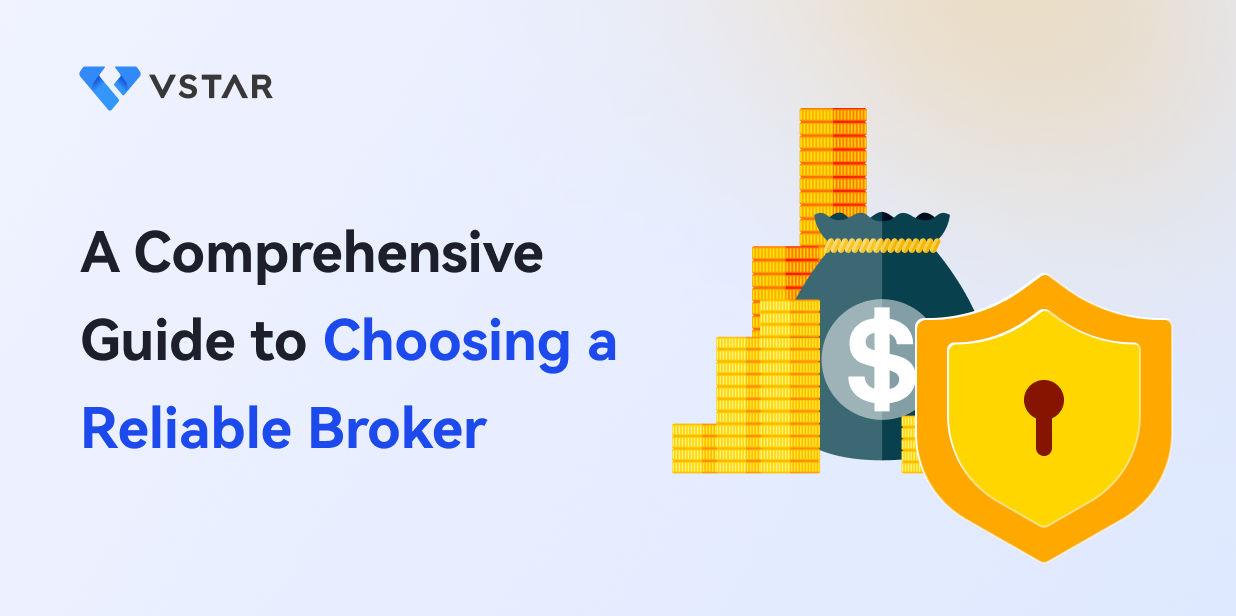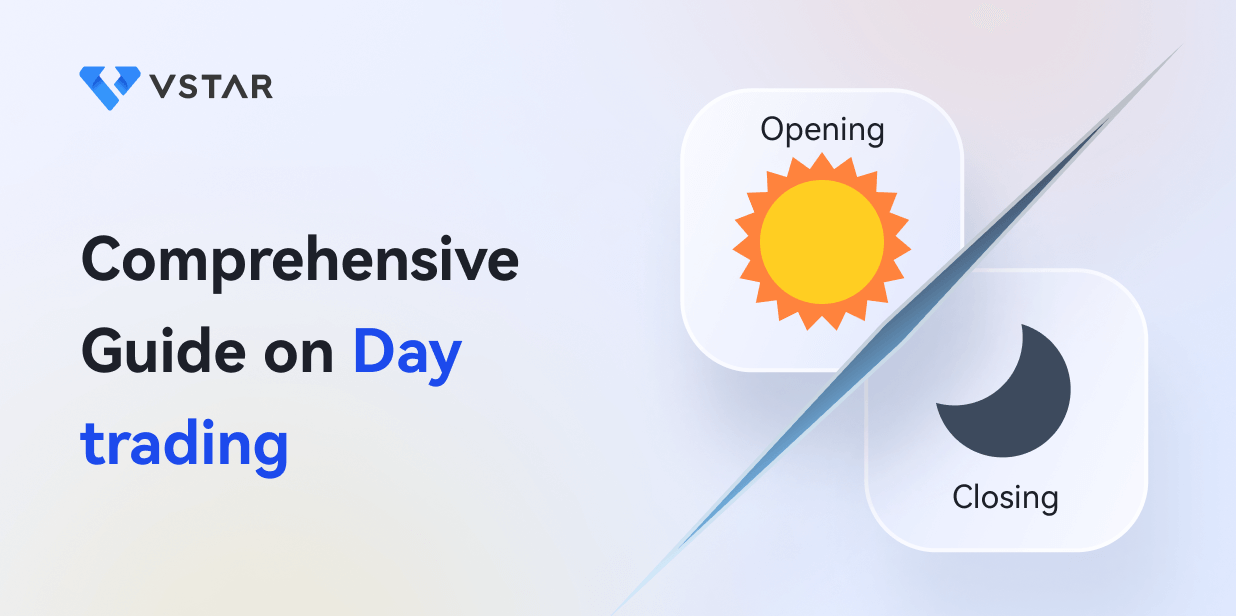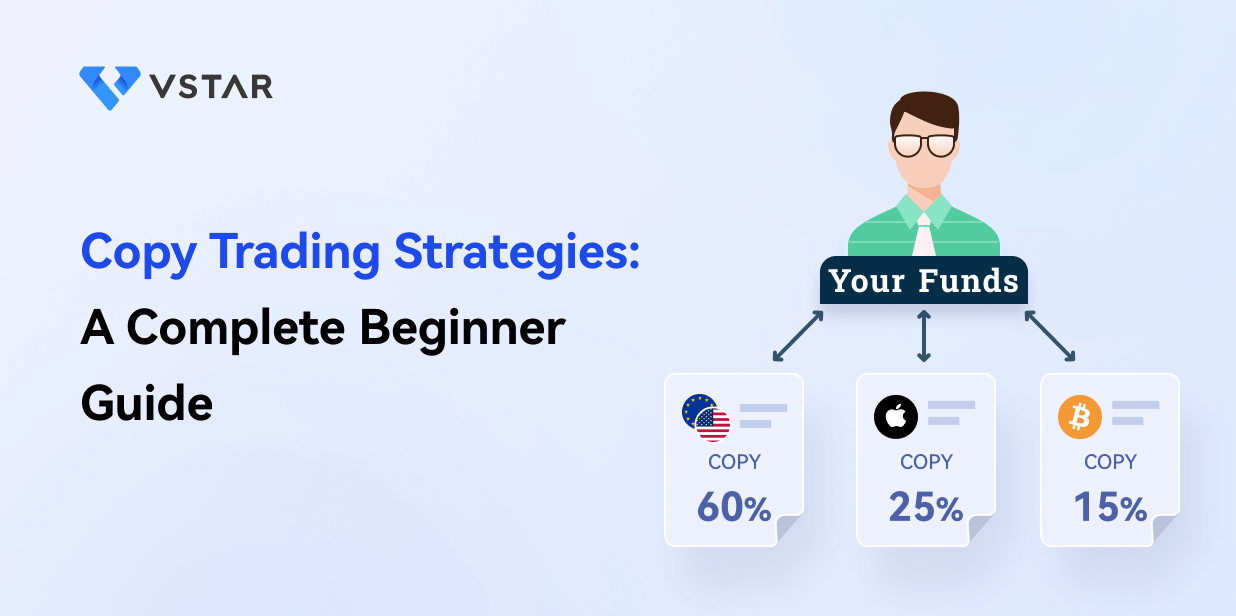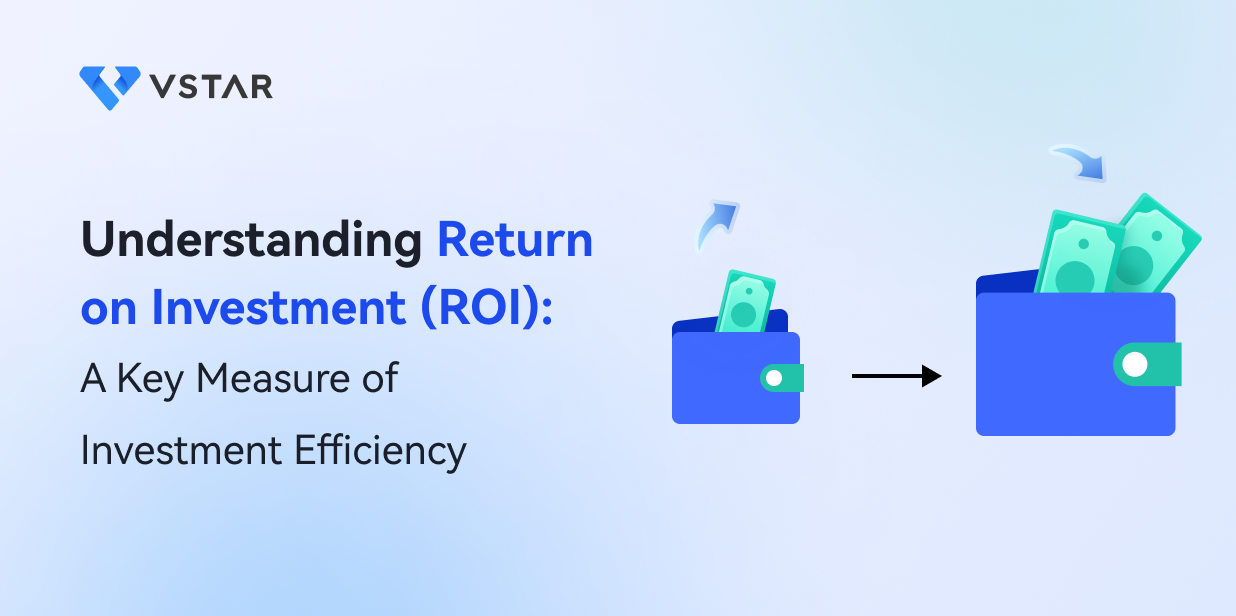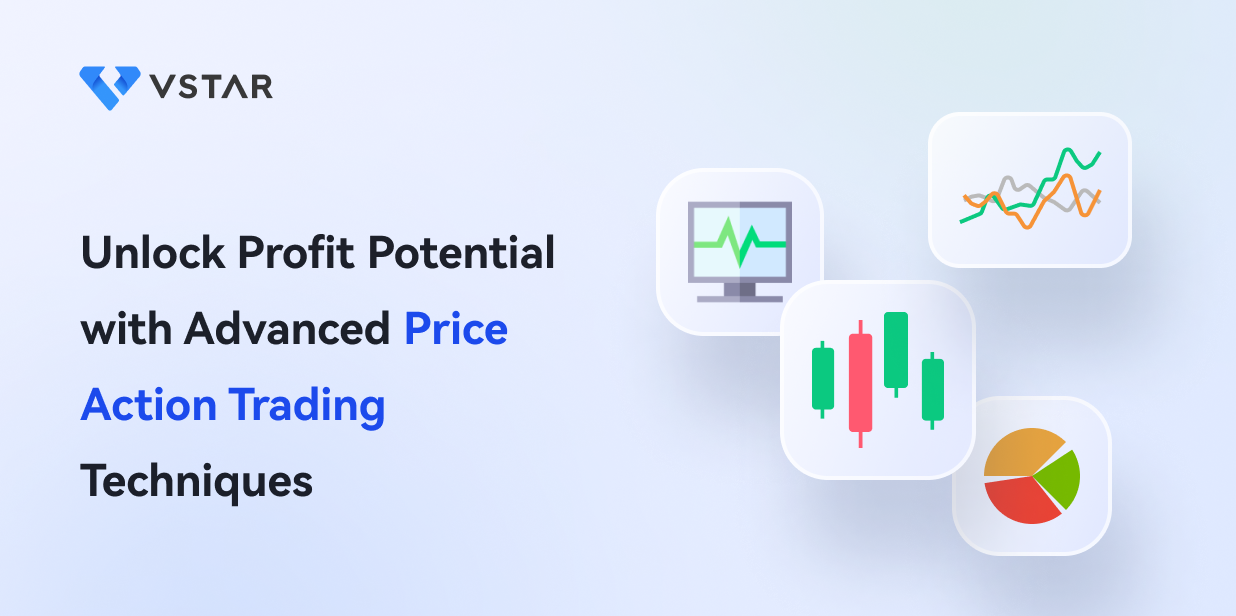Retail trading usually involves two parties - a trader and a broker.
As a trader, you look to profit from the market with the best possible strategy. Thus, there should be no doubt about your transparency.
However, the case is different with a broker.
Several ones are available today with various schemes, benefits, and drawbacks. Hence, selecting the right one can be challenging for a new trader.
Some brokers have been reportedly fraudulent. Even the genuine ones differ with unique qualities that can support or undermine your trading goals.
Therefore, continue reading this article to learn how to choose a reliable broker through several qualities. It also discusses the difference between CFDs and crypto exchanges to guide your decision further.
Characteristics of a Reliable Broker and How To Choose One
Your broker choice is one of the most important decisions of your trading career. It can make or break your dreams of becoming successful.
Hence, don't just take someone's recommendation or pick one due to the attractive features in its claims. It may be fraudulent, have strict policies, or pose too many setbacks.
Instead, deliberate several options carefully using the following characteristics:
Strict Regulation
Certain brokers have allowed foreign authorities to oversee their operations. It improves transparency in every practice, boosting traders' confidence.
Such a broker won't have a free hand in any market dealing with clients (traders). It is subject to strict regulations from the authorities, whether governmental or third-party.
Thus, this requirement should be on your checklist.
A regulated broker is usually proud to show off its license(s) from top industry authorities, so discovering them shouldn't be difficult. You can visit the regulators' sites for confirmation if you're skeptical.
Aside from laying down rules that a brokerage must obey, regulators are attentive to investors whenever there's a dispute with the broker.
It could be an honest mistake or a conscious malpractice that the broker may delay to resolve.
It risks losing the license if it operates outside the regulator's laws.
However, no one may be available for reports in an unregulated broker when you suspect foul play.
Safe Fund Protection
Ultimately, trading involves exchanging funds between the parties involved. It starts by crediting your account and sometimes ends with withdrawing available funds.
Thus, a reliable broker must guarantee theirsafety.
Are there any measures to secure your investments? How fast and convenient are the deposits and withdrawals? What's the worst-case scenario during the broker bankruptcy?
Top brokers prioritize the safety of clients' funds in several ways, like partnering with leading financial institutions to hold them.
Also, some prefer to move the funds to an account different from those used to run the broker's activities. In that way, no one uses the funds except the trader when there's a plan to invest or withdraw it.
Besides, the best brokers have strict strategies to minimize fraud, unauthorized access to funds, and significant financial losses.
As for cases of broker closure, working with insurance firms may provide enough relief for their clients.
Reasonable Fees
Brokers also need to profit from their services. Hence, they charge clients through spreads and trade commissions.
In any case, the broker's fee spreads must be reasonable and competitive.
There are industry standard charges depending on factors like the financial instrument and trading conditions. Thus, any broker that charges too much should be one of your last options.
It will reduce your potential profits, which is unacceptable, especially for a new trader with little capital.
On the other hand, the broker's fee spreads shouldn't be far less than the average range. Instead of impulsively going for such, see it as a sign to verify its transparency further.
Below are some other fees that brokers can charge clients:
● Rollover charges
● Inactivity fees
● Account maintenance fees
● Deposit and withdrawal bills
● Margin interest
● Data and market access charges
Compare them with others whenever present and settle for the best.
Convenient Trading Platform
You must use a trading platform (that a broker supports) for market analyses and executions.
Hence, the convenience of such supported trading platforms should also guide your decision.
Some brokers work on well-known platforms like TradingView, MetaTrader 4, and MetaTrader 5. Others may have self-developed software and mobile applications.
Whatever the case is, ensure you are familiar with the platform.
If not, open a demo account and practice till you are comfortable with all the functions. You can take guides or watch videos online to get better.
However, if you still can't complete basic tasks, consider switching to another broker that supports a user-friendly platform.
It must be fast and responsive, preferably working on several devices to give you multiple options. Some also have unique features like push notifications, free market insights, and customizable layouts.
Quality Customer Service
When reliable, the broker's technical support is always ready to assist you. It shows commitment to your satisfaction and trading success.
Hence, below are some essential factors of standard customer service:
Availability and promptness:Top brokers strive to be available 24/7 because they have clients from around the globe. They reply quickly to any inquiries via live chats, emails, calls, or any other means of communication.
Experienced representatives:The service providers will also understand every aspect of the broker's features, trading platform, and financial markets. It helps resolve possible issues much more effectively.
Personalized assistance:The broker's technical support also knows every trader has unique skills, goals, and experience. Thus, professional providers must prepare to offer each client customized support when required.
Educational resources:Understanding the need for clients to enhance their trading skills, a reliable broker also shares valuable educational resources. It can be blogs, videos, tutorials, or seminars.
Technical Indicators
Avoid underestimating the importance of advanced technical indicators in the broker selection.
Even if you're a pure fundamentalist, you will likely use basic charting tools occasionally, let alone strict technicalists.
Hence, a top broker must work in a trading platform that grants free access to them. It will help you make informed trading decisions, helping you reach your goals faster.
It is also the case if the broker has its own software/mobile app. Ensure the program has simple and complex indicators for free.
If not, start considering other broker options.
There's no need to compromise when there are multiple alternatives.
Below are some of the most important technical indicators to look out for:
● Moving Average (MA)
● Fibonacci Retracement
● Stochastic Oscillator
● Relative Strength Index (RSI)
● Volume Indicator
● Average True Range (ATR)
● Moving Average Convergence Divergence (MACD)
Figure out your necessary tools based on your demo trading experience and strategy, and look out for it.
Differences Between CFD Brokers and Traditional Crypto Exchanges
Cryptocurrencies have become more and more popular for several reasons. Hence, investors consider trading them like other financial instruments.
You can do that on supported CFD brokers or customized crypto exchanges. However, the experience from each option is different.
There are several specific attributes and similarities between them, but below are two differences to always note:
Safety and Transparency
Regulated CFD brokers are considered safer and more reliable due to the strict rules they obey.
As discussed, they risk losing their license when they go against them, boosting client transparency and trust.
For example, a regulatory body may have a capital requirement for brokers to ensure financial stability. They'll keep clients' assets separate from the operation funds, protecting them from possible insolvency.
Moreover, a licensing authority can also demand brokers provide traders with clear risk disclosures. It ensures clients understand the possibility of losing their funds from trade drawdowns.
On the other hand, traditional crypto exchanges may only have an MSB license. It is only registration-based in most regions without regulatory functions.
Hence, traders on such exchanges won't enjoy the protection others in regulated CFDs have.
It can be a significant setback to investors when the broker's technical support isn't responding to a suspected foul play.
Trading Costs
CFD brokers charge little or no commissions, which is a significant advantage. It ensures you receive most of your trade profits and reach your goals quickly and conveniently.
Also, CFDs have relatively low spreads. You can accumulate more gains on each successful position with favorable entry and exit points.
Conversely, crypto exchanges may charge higher through several fees. It is never positive for traders who are in the business for profit-making.
The fees will eat into the gains, which can be significant from small trades.
Why Trade CFD on VSTAR?
You can only live trade on a broker or exchange. Hence, you must choose one early, despite how influential the decision will be toward your success.
Due to ignorance or excitement, new traders don't often give it enough deliberation. The setbacks are usually severe upon discovery.
Hence, save yourself the stress of extensive broker assessments and open a VSTAR account.
Founded by FX exchange experts with vast industry expertise, the platform understands every investor's need for an unmatched trading experience.
Here are a few of the several benefits you'll enjoy from trading on VSTAR:
Strict Regulations Ensuring User Rights Protection
Most new investors hearing about VS for the first time may ask, is VSTAR broker regulation reliable?
Certainly.
VSTAR strongly believes in protecting investors' rights. Thus, the CFD broker has licenses from top global regulatory bodies.
Some of such authorities include:
CySEC: An independent financial regulations agency that ensures investor protection in Cyprus.
MiFiD: A European regulation that promotes transparency in the EU's financial markets.
FSC: A Mauritanian authority supervising non-bank financial operations within the country.
With these and many more regulators overseeing VSTAR, rest assured of the utmost transparency in every trading activity.
Each has strict laws and standards the platform lives by. Hence, it would be the least of your worries when you use its account.
Institutional-Level Trading Experience
Part of the advantages of VSTAR's founders' first-hand experience is their understanding of the best trading conditions for investors.
They've been there before and know the requirements to make it seamless and top-level.
Therefore, VSTAR has made its platform features similar to those of standard institutional trading in the following ways:
Advanced Tools: VSTAR offers state-of-the-art trading tools to help investors better make informed decisions. They range from charting and analysis features to unique trade execution algorithms.
Deep Liquidity: Like institutional-level brokers, VSTAR has access to deep liquidity, which allows competitive bid/ask spreads. Thus, traders can quickly open and close new positions without significant price impact.
Wide Variety of Order Types: VSTAR has more complex execution options than the simple market and limit orders. Some include stop and trailing stops, allowing automated actions when the price meets all the conditions.
Access to Global Markets: At VSTAR, traders can easily access CFD Forex, stocks, commodities, indices, and crypto markets. It's essential for investors who want to diversify.
Committed Customer Care: Client satisfaction is a priority in VSTAR. Hence, an experienced customer care team is always available for traders' needs.
Lowest Possible Trading Costs
As discussed, every investor should always hunt for brokers with low trading costs. Otherwise, the charges will significantly reduce potential profits.
VSTAR is just the right broker for this. It provides one of the lowest possible costs in the industry.
Credit to its access to deep liquidity, investors can enjoy the tightest bid/ask spreads starting from 0.0 pips. Larger-sized trades will also have little to no impact on the market prices, keeping you safe from sudden fluctuations.
Moreover, trade commissions charged on other brokers are not present in VSTAR. You can open any size of trade on any financial instrument charge-less.
With a minimum deposit of $50, you can control massive funds with a 1:200 leverage. It comes with a costly risk but can also be rewarding with well-developed analyses and risk management skills.
Beginner-Friendly Features
Despite the cutting-edge trading tools VSTAR provides investors, the platform is still beginner-friendly. It is easy to navigate the charts, markets, watchlists, and every tab on a properly functioning device.
The VSTAR app is available on Android and iOS mobile phones. Hence, there are many more features beginners can exploit, like the following:
● Push notifications with the fastest market and trade updates.
● Ease of trading at your fingertips whenever necessary.
● Highly customizable watchlists with different instruments across several asset classes.
● Functioning search tab to discover trading opportunities quickly.
● Convenient demo and live trading modes.
Even a beginner can enjoy unrestricted access to all these by simply creating an account.
Final Thoughts
Your choice of broker is vital to your trading success. Thus, even as a beginner, commit enough time and effort to make the best decision.
Below are some criteria to consider if you're still looking to settle for one:
● Strict regulation
● Safe fund protection
● Moderate fees
● Convenient trading platform(s)
● Quality customer service
● Access to advanced technical indicators
However, you can save yourself the hassle and opt for VSTAR, which embodies all the above qualities.
Frequently Asked Questions (FAQ)
What Are the Average CFD Spreads?
The average CFD spreads vary by financial instrument, asset class, and overall trading conditions. It can be as low as 0.0 pips.
What Is the CFD Commission?
The CFD commission is the fee for executing trades on a Contract For Difference broker.
It is another way for brokerages to profit from their services besides the bid/ask spread. However, not everyone charges CFD commissions.
Why Is the Regulation of Brokers Important?
The regulation of brokers is essential because it ensures transparency. Investors may trust the trading operations more because they'll feel protected from fraudulent activities.
What Is the Role of Leverage in CFDs?
Leverage in CFDs allows traders to control large market positions by providing only a fraction.
It can multiply their potential profits even from small price movements. Conversely, it can also amplify their losses during drawdowns.







